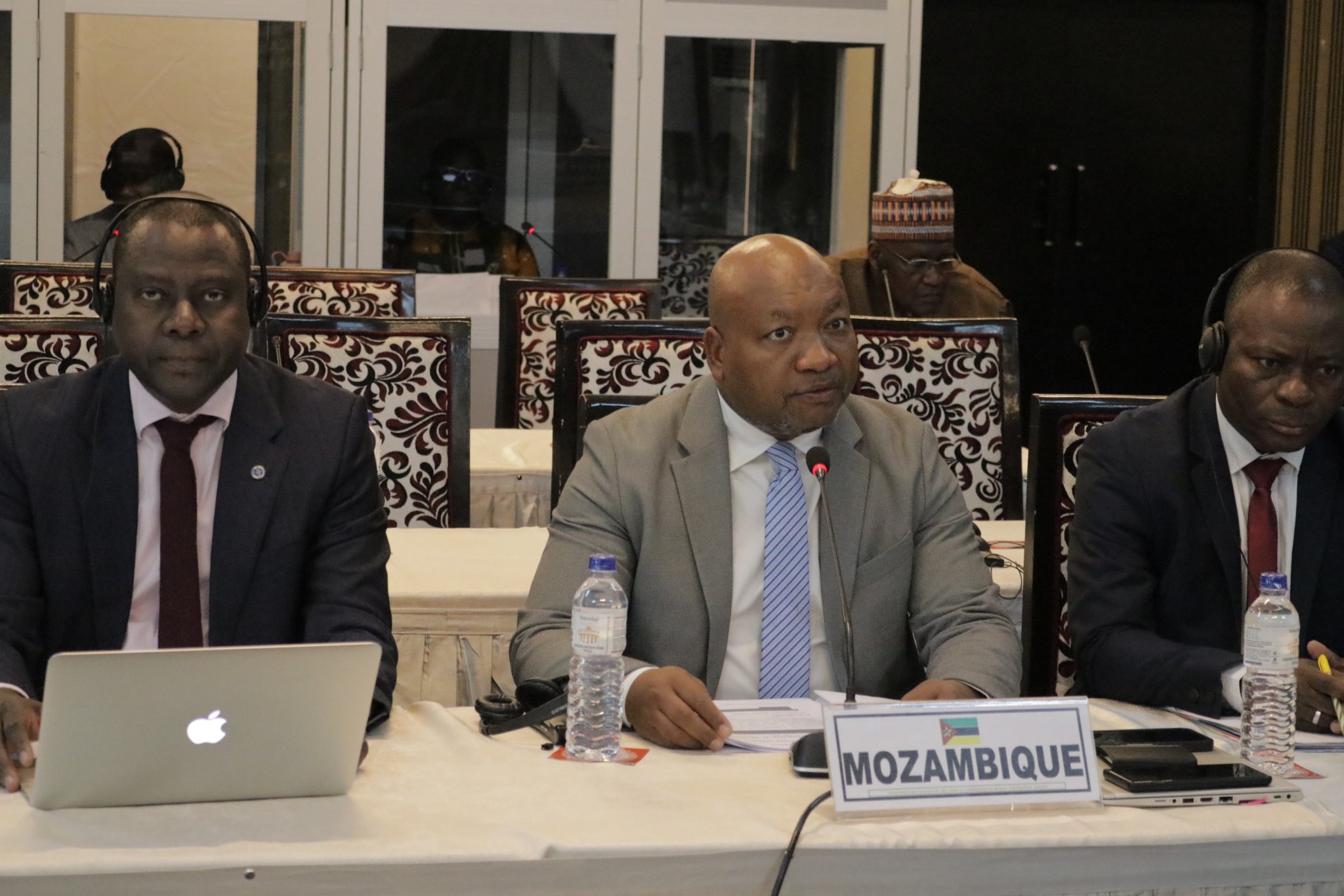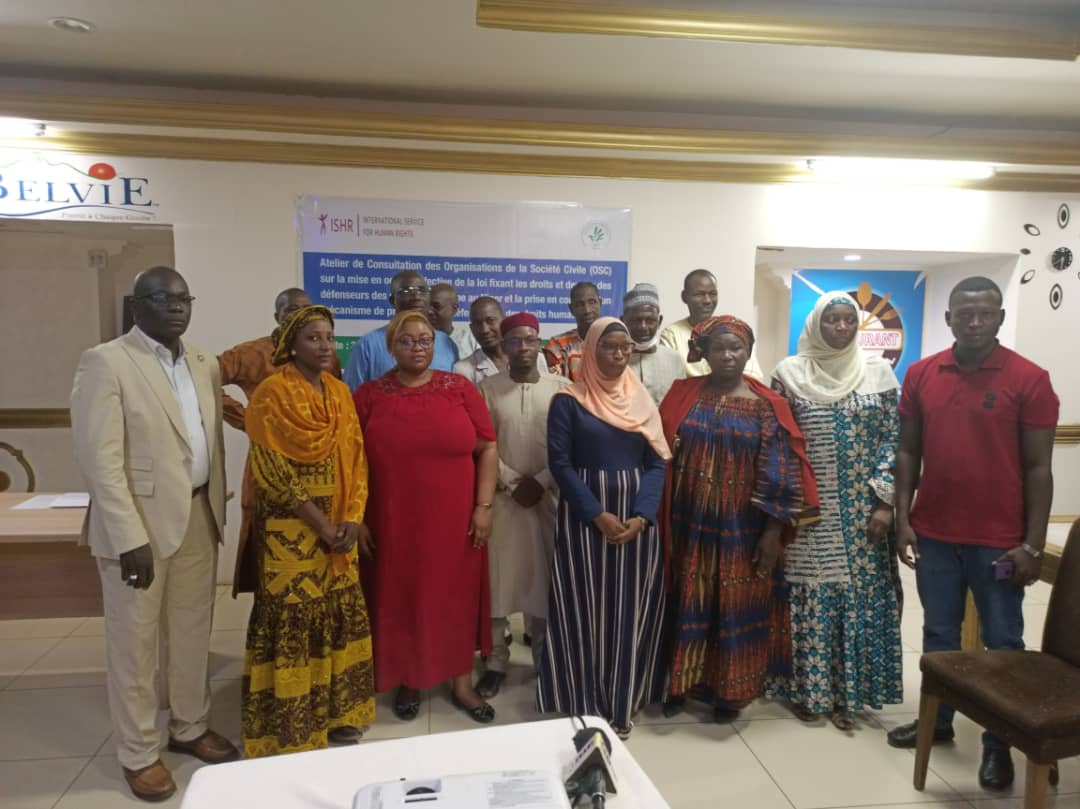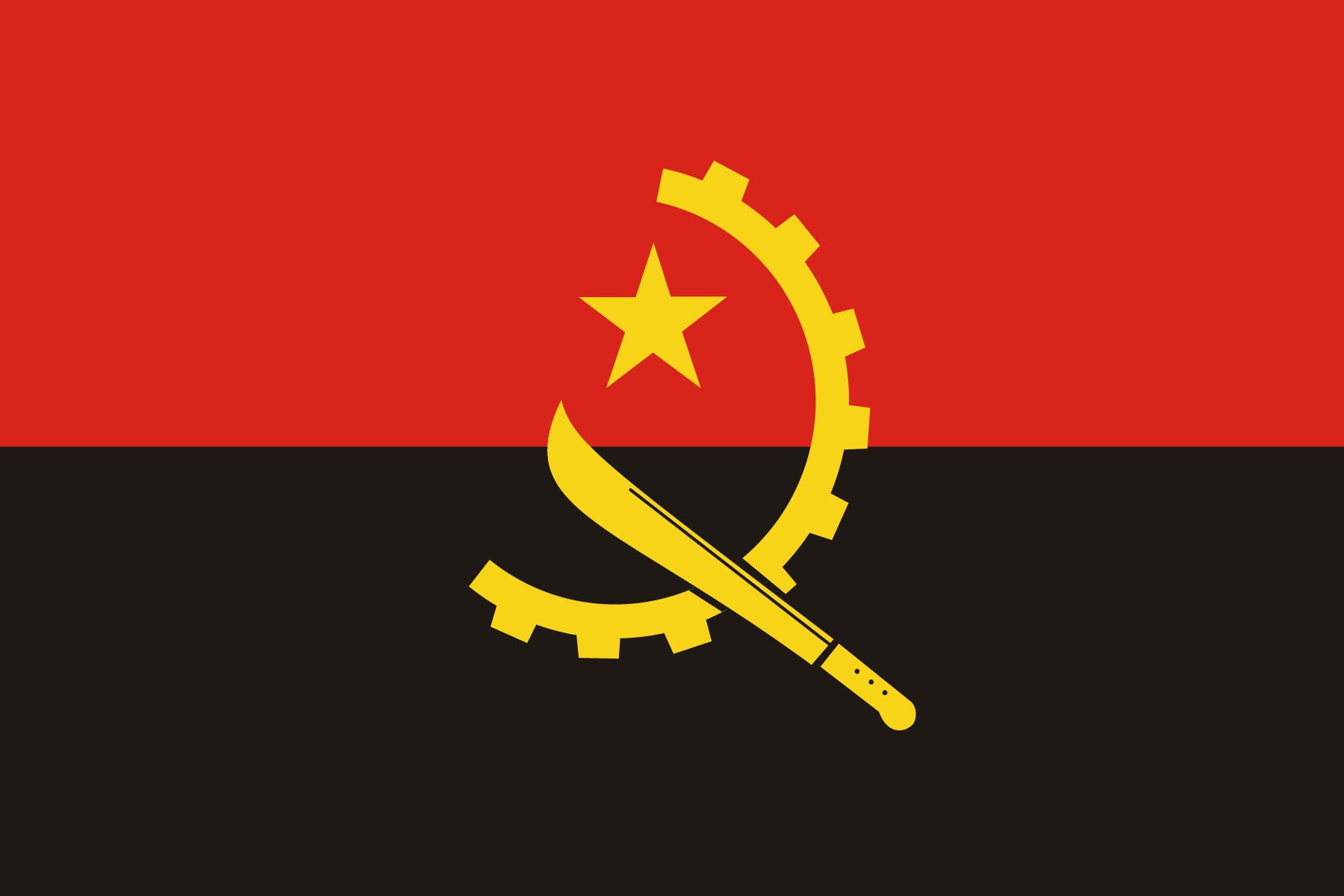On 21st May 2024, in compliance with Article 62 of the African Charter, the African Commission reviewed the periodic report of the Republic of Mozambique covering the period 2015-2021 which outlines the progress made on the legislative, administrative and political measures taken with a view to give effect to human rights guaranteed by the African Charter following the State Reporting Procedures and Guidelines of the Commission. However, the report failed to share progress made specifically on the implementation of the Protocol to the Charter on the Rights of Women in Africa (the Maputo Protocol) and the Kampala convention.
During the presentation of their report, the delegation of Mozambique, emphasised that the production of the report involved engaging a range of stakeholders including civil society. They also shared that a process of revision of the regulatory framework of civil society organisations is currently underway, which seeks to facilitate the registration and functioning of organisations, as they still face bureaucratic constraints for their formalisation.
During the review, Commissioner Maria Theresa Manuela thanked the delegation for the presentation of their report and highlighted still awaiting an official invitation to allow her to visit the country as the country rapporteur for Mozambique. Commissioner Remy Ngoy Lumbu called on the delegation to provide the additional reports pertaining to the implementation of the Maputo Protocol and the Kampala convention and for the country to host, as many have done before, an ordinary session of the African Commission. Commissioner Solomon Ayele Dersso regretted that the report doesn’t adequately address issues related to extractive industries and reminded the delegation of the guidelines produced by the Working Group on Extractive Industries to adequately report on articles 21 and 24 of the African Charter focusing on extractive industries.
Prior to the review, ISHR and The Mozambique Human Rights Defenders Network (RMDDH), submitted a civil society report to the Commission on the situation of human rights defenders in Mozambique. These submissions are intended to assist the Commission, and more specifically Commissioners, in making recommendations to governments.
The briefing paper invited the Commission to ask the government of Mozambique the following questions:
- What concrete steps does the government plan to take to address challenges to defenders mentioned in the report and ensure the effective protection of human rights defenders and the promotion of fundamental freedoms in Mozambique?
- What measures have been taken to prevent attacks of human rights defenders mainly by the military and the police?
- Will the government ensure that NGOs working on issues related to the protection of the rights of LGBTIQA+ can register and be allowed to operate legally without discrimination?




